Retailers don’t have to rely solely on the bigger wholesalers to fill their shelves. There is a host of suppliers, producers, manufacturers and smaller-scale wholesalers ready to meet a variety of needs. Taking time to source new suppliers can provide stores with points of difference.
There are local producers for those retailers looking to create an offer that has local appeal. Whether a community looking to support its own suppliers or a tourist destination looking to give visitors something they can’t get at home.
There are regional wholesalers and specialist suppliers that can give a more nuanced and unusual offering. There are also international suppliers and importers that work to sate the growing thirst for global confectionery, snacks, soft drinks and more.
“You’ve got to get out there and look for things,” says James Neary, of Neary’s General Store in Helmshore, Lancashire. “There are things not sold by big wholesalers that people nevertheless want and will pay for. It’s a case of searching the internet and seeing if it’s there.”
How to know which categories to source new suppliers for
The categories that would benefit from a wider spreading of the net will largely depend on your customer demographic, but for many retailers the margins can be considerably better. Neary gets 100% margins from his locally sourced bakery products.
“You don’t want to move too far away from your core range,” advises Chris Tomes, from Costcutter & The Food Shop Swanage in Dorset.
“These items should be add-ons and extra specialities because you’ll be paying more for them so the RRP will be higher,” he adds.
“They should be items that people come to you for because you’re the only one who has them.”
International products are huge footfall drivers now. Having supply chains that allow your store to be the first to stock what’s trending can also be a massive feather in your cap.
Build local relationships
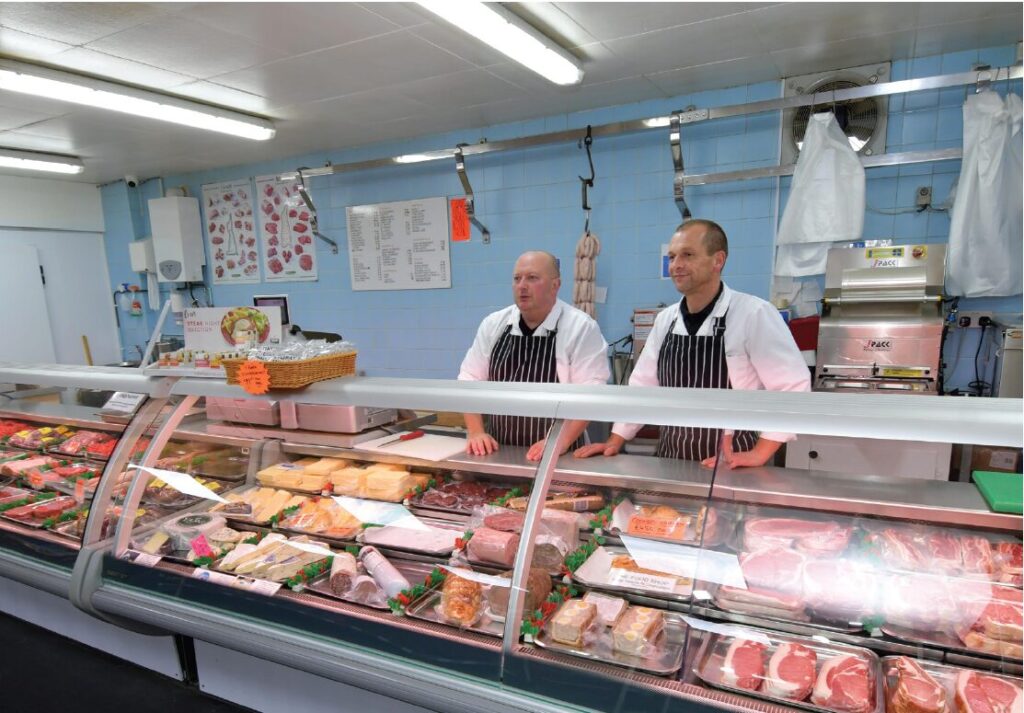
Chris Tomes, from Costcutter & The Food Shop Swanage in Dorset, uses a booklet supplied by Bestway to find specialist wholesalers, such as Homeware Essentials and Bobby’s. Meanwhile, he went online to find Jackson’s to provide him with greetings cards and stationery.
The local suppliers that give his store a point of difference were largely brought in via his local connections, however.
“We get eggs from one of my friends, ales from a local brewery and cider from a company that used to farm with my cousins,” he says. “We have a local butcher. That’s the benefit of living in a tight-knit community. If you don’t know someone, you probably know someone who knows someone.”
Tomes sells more local ales than any other beer, but flexibility and ease of communicative access also appeal. “You can just ring them up,” he says.
Source new suppliers that provide products you can’t get elsewhere
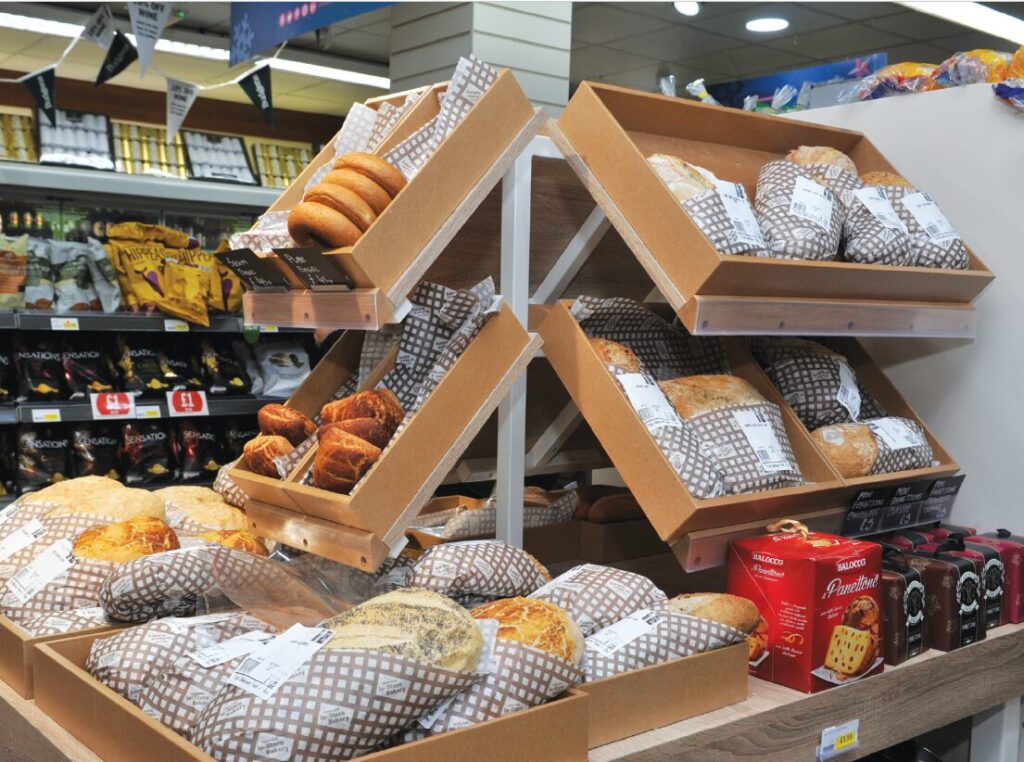
Alternative suppliers aren’t just about getting local products that a store in the next county couldn’t access. They’re also about being able to stock in-demand lines that bigger wholesalers might have discontinued because they are slow sellers more widely.
James Neary, from Neary’s General Store in Helmshore, Lancashire, uses smaller suppliers such as SOS Wholesale, Hill Valley and Spring Vale to get hold of “fringe” lines that his customers want.
“We have a small coffee machine and the big wholesalers stopped selling the capsules we needed,” he says. “I went on the internet, found a vending company and got the stock for a very reasonable price.”
Neary thrives on having a varied offer and holds a large stock. Forty per cent of his range is sourced from alternative suppliers. This enables him to offer spices, greetings cards and a delicatessen range.
Read more advice for independent convenience retailers
How to source new suppliers from abroad
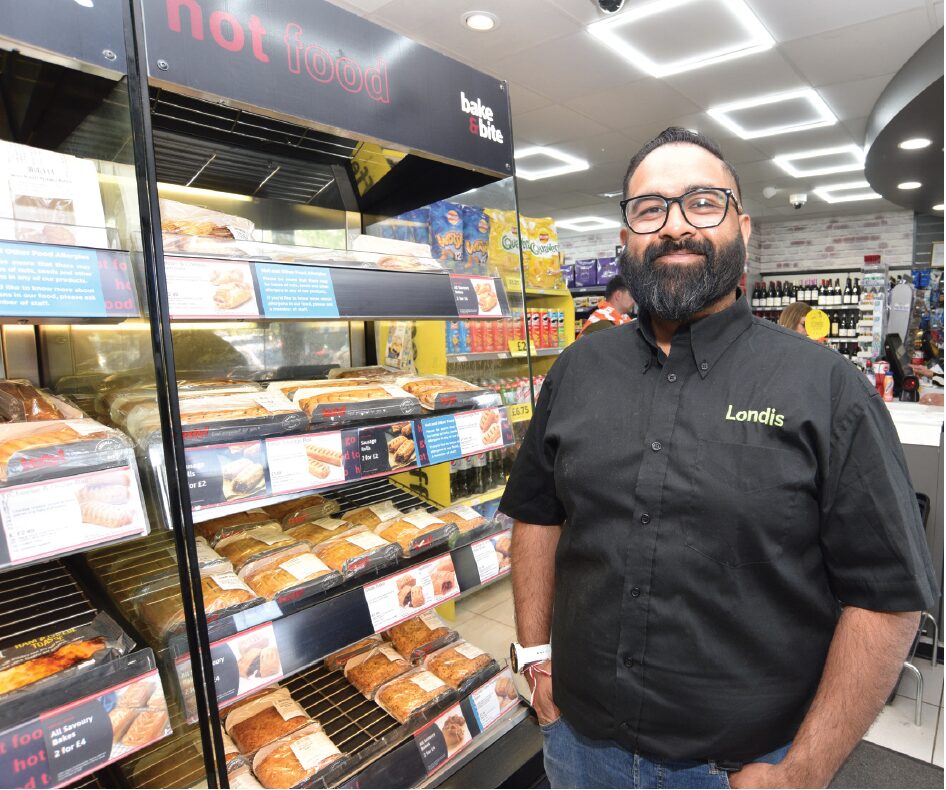
Nishi Patel, from Londis Bexley Park in Dartford, Kent, doesn’t have many local suppliers. But he does have a wide range of international ones. He works with 50 suppliers independent of Londis to provide him with confectionery from as far afield as Japan and Australia, as well as others offering speciality soy sauce and mango chutney.
“We have Japanese drinks that are working well, alongside noodles, and Indian and Australian chocolate,” he says. “It’s largely through word of mouth, or sometimes we find them on LinkedIn or Instagram.
“Sometimes, a salesperson will come into the shop, or we meet them at trade shows. You have to shop around to find out those really different things.”
As dealing with them isn’t a case of walking down the street, Patel ensures he’s getting the best deals from the most reputable suppliers by talking to other retailers.
Team up with other retailers to get value from smaller suppliers
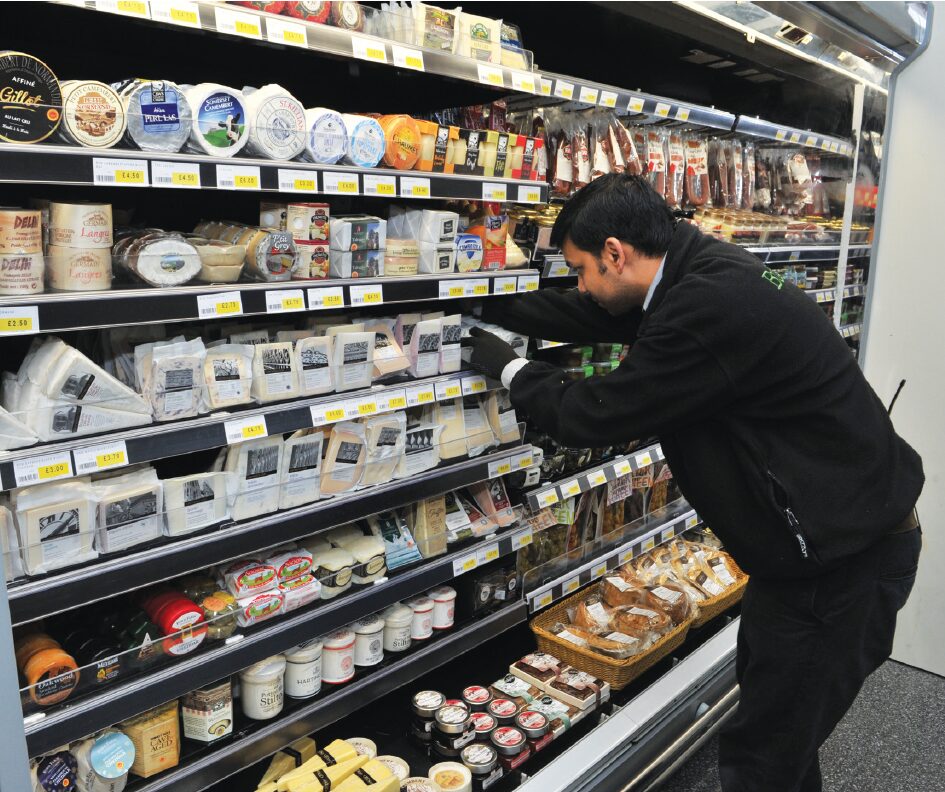
Smaller suppliers may not have the capacity to deliver to individual stores in cost-effective ways. That’s why Rayesh Nayi, from Broadfield Newsagent & Post Office in Crawley, West Sussex, teams up with other retailers to ensure the order is big enough to cover an entire pallet.
“That way, we get it cheaper and it arrives the next day or the day after,” he says. “After that, the shops just have to distribute the goods between themselves and raise some invoices. It takes them half an hour to do that, but they all have the stock they need at a more affordable price.”
Nayi has turned increasingly to smaller and alternative suppliers because of the faster customer service he receives compared to bigger wholesalers.
“If there’s anything damaged, you claim online and it’s sorted out. With bigger suppliers, you can wait three weeks for a refund that might be declined.”
Read more of our store profiles where we visit independent convenience retailers to showcase their fresh ideas and unique insights

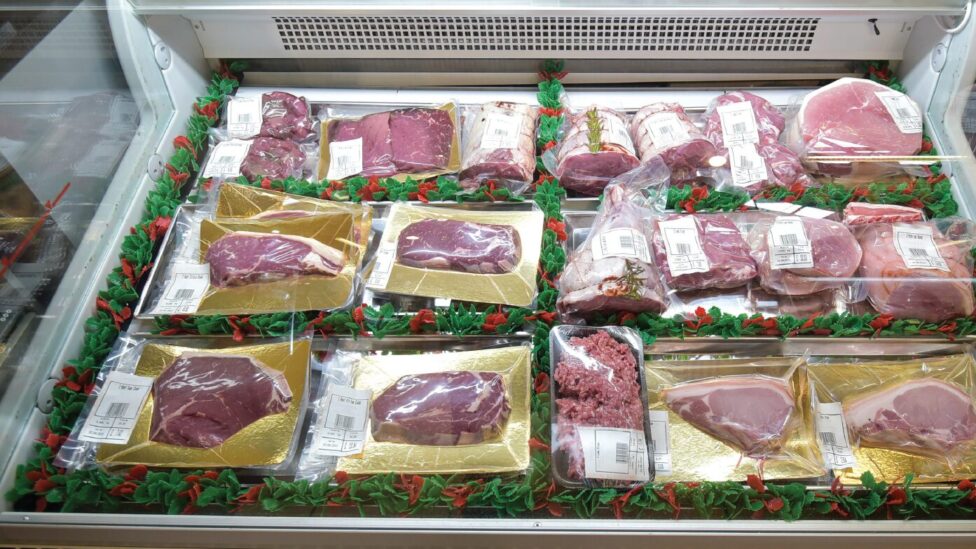

Comments
This article doesn't have any comments yet, be the first!